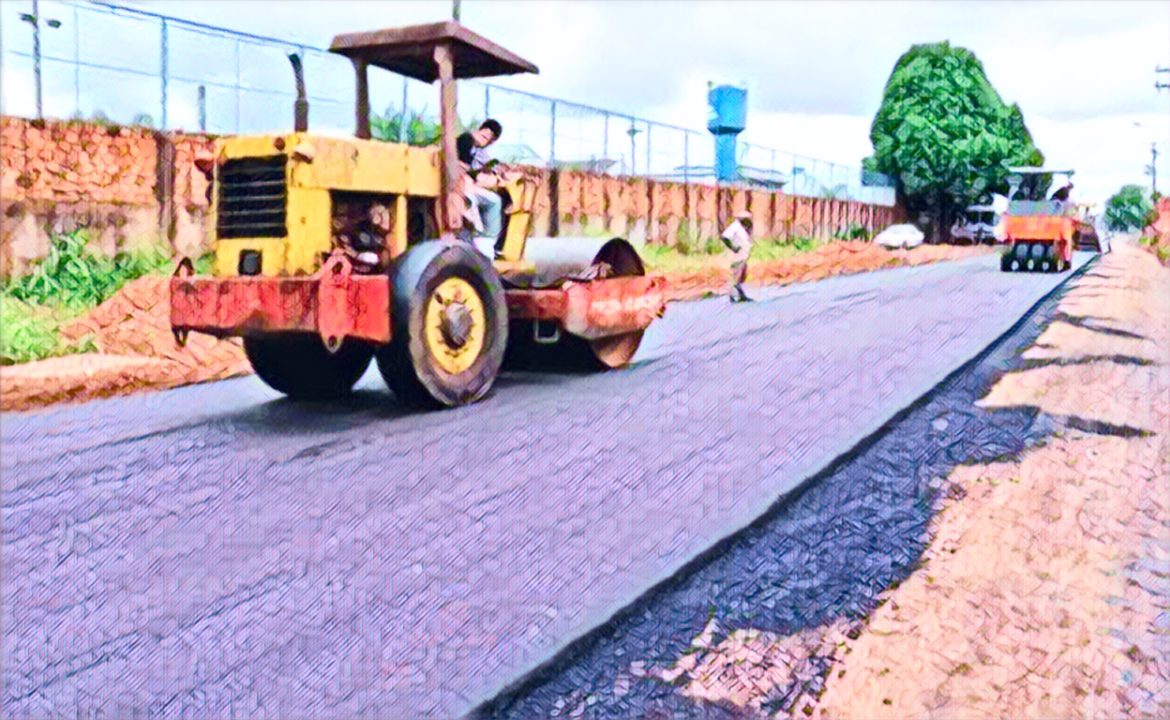Ghana, the world’s second-largest cocoa producer, is facing a dilemma over its ambitious cocoa road projects, which aim to improve the infrastructure and livelihoods of cocoa-growing communities. The Ghana Cocoa Board (COCOBOD), the state agency responsible for the cocoa sector, has warned that it may be forced to cancel the projects if illegal mining activities, also known as galamsey, continue to destroy cocoa farms and the environment.
According to COCOBOD, galamsey and smuggling have reduced the country’s cocoa production, which was projected to reach 850,000 tonnes in 2023, but fell short of 700,000 tonnes. The decline in cocoa output has also affected the financial capacity of COCOBOD, which relies on cocoa revenues to fund road projects. The agency said it would focus on completing the ongoing projects, but refrain from awarding new contracts.
The cocoa road projects, which were initiated in 2014, cover 4,465 kilometres of roads, including 258 feeder roads and 28 highway/trunk roads, in six cocoa regions of Ghana. The projects are estimated to cost 13.6 billion Ghanaian cedis ($2.3 billion), and are expected to enhance the transportation of cocoa beans and inputs, as well as facilitate access to health, education, and other social services for cocoa farmers and residents.
However, the projects have faced several challenges, such as delays, cost overruns, corruption allegations, and environmental concerns. The International Monetary Fund (IMF), which is providing financial support to Ghana, has advised COCOBOD to focus on its core mandate of cocoa production and marketing, and leave the road construction to other agencies. The European Union (EU), which is a major importer of Ghanaian cocoa, has also urged COCOBOD to ensure sustainable production and environmental protection.
Illegal mining, which involves the use of heavy machinery and chemicals to extract gold and other minerals from cocoa lands, has been one of the most serious threats to the cocoa sector and the cocoa road projects. Galamsey has caused deforestation, soil erosion, water pollution, and loss of biodiversity, as well as health and social problems for cocoa farmers and communities. The government has launched several campaigns and operations to clamp down on galamsey, but the menace persists due to poverty, weak enforcement, corruption, and high demand for minerals.
COCOBOD has appealed to the government, the traditional authorities, and the public to join forces to fight against galamsey and save the cocoa industry, which is the backbone of Ghana’s economy. The agency has also pledged to continue to support cocoa farmers with improved seeds, fertilizers, extension services, and better prices, to increase their productivity and income. COCOBOD hopes that by addressing the challenges facing the cocoa sector, it can achieve its vision of making Ghana the world’s leading producer of premium-quality cocoa.
Source: GhanaWeb




